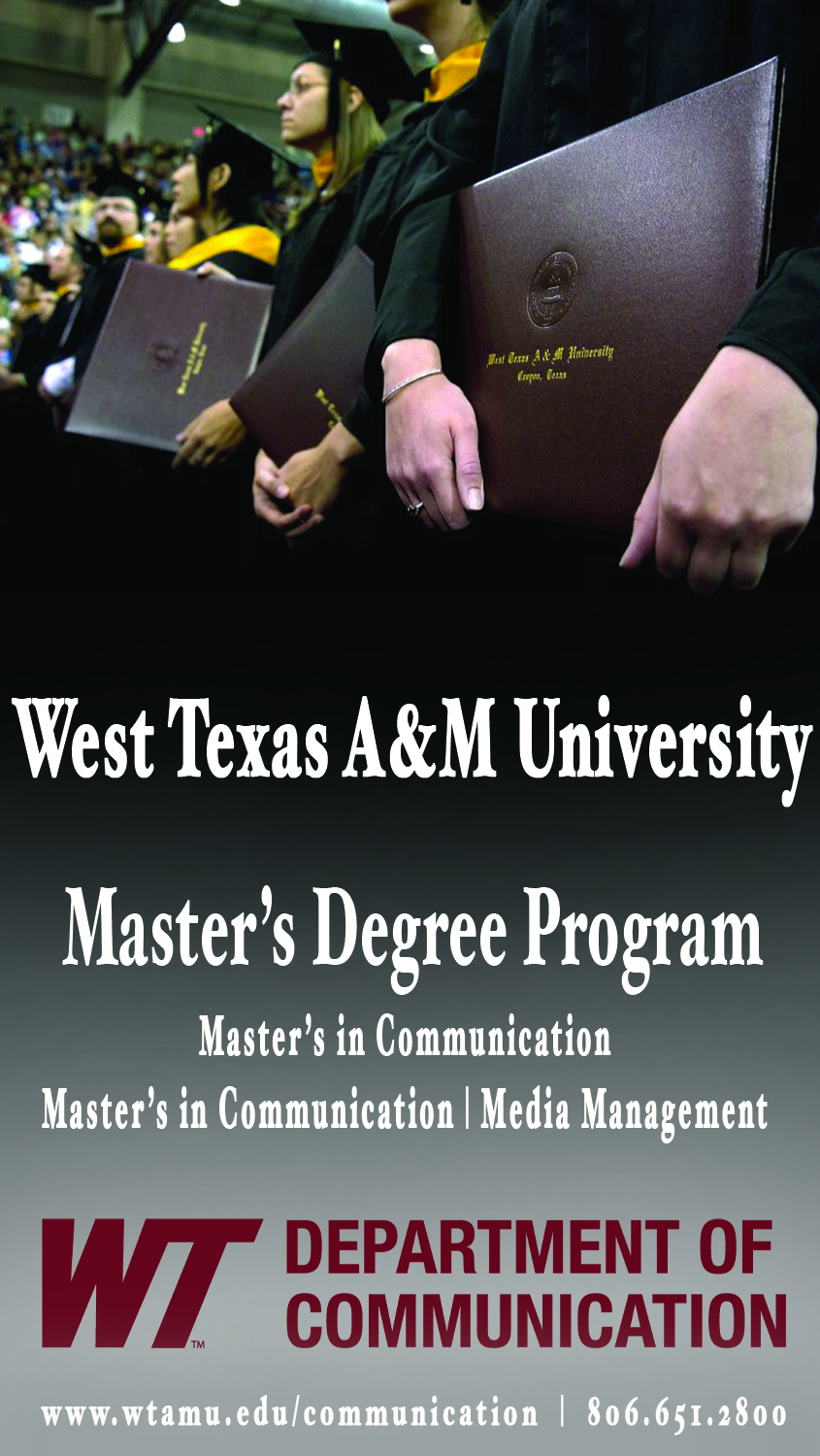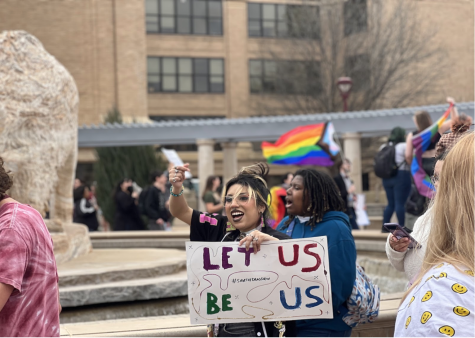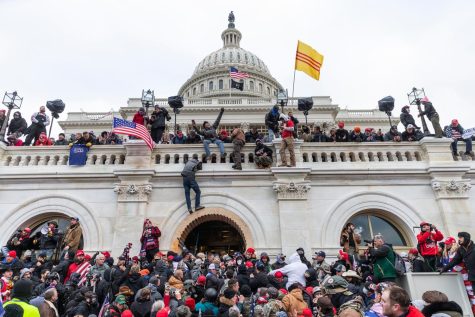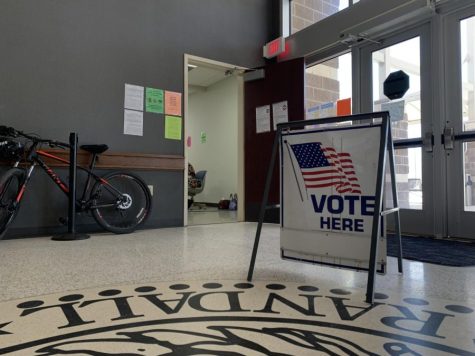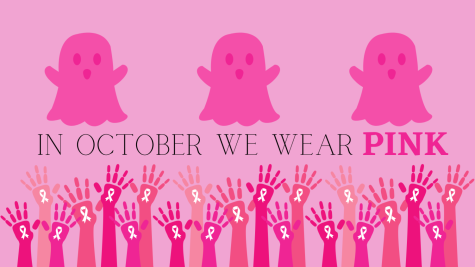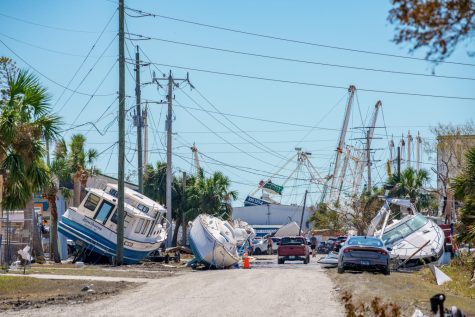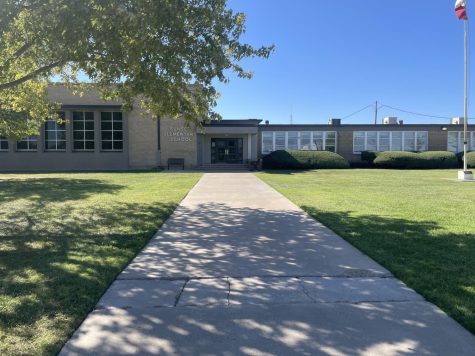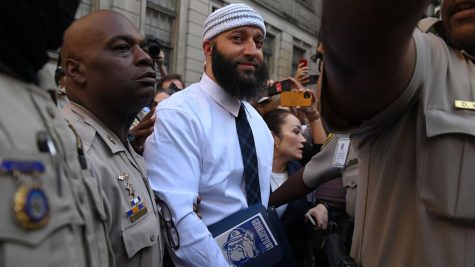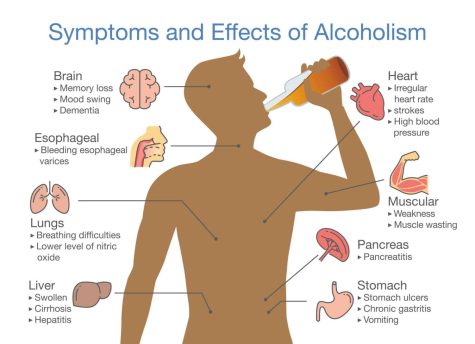Wikileaks nominated for Nobel Peace Prize
February 8, 2011
The actions of Wikileaks, an organization that publishes secret documents, could adversely impact freedom of the press in the United States.
Dr. Dave Rausch, a political science professor at WTAMU, said Wikileaks should be considered a branch of the media.
“Wikileaks is a media outlet,” he said. “I am a bit concerned that the writers for Wikileaks aren’t trying to inform the public as much as they are trying to get lots of public attention. It might have been better to provide the information to newspapers that have a more established line of protection.”
Rausch noted that he does not support any restrictions against the press. He feels the actions of Wikileaks do not validate the government taking a hold of the media and filtering content.
“The challenge with Wikileaks is the website is causing Americans to consider some restrictions on the press,” he said. “Any opinions about restriction the press are not good.”
He said he thought a more time tested part of the media could have handled the dissemination of the information better than Wikileaks.
“A traditional newspaper could have published the basic outline of the documents without releasing specifics or damaging details,” he said. “Wikileaks just published the documents with little commentary.”
Matthew Schmitto, a member of the group Young Americans for Liberty, said he feels Wikileaks has not violated the Constitution because its founder, Julian Assange, is not an American.
“I don’t think Wikileaks is bound by our Constitution,” he said. “[They] owe no loyalty or anything else to the United States. If anything we should be thanking them for showing us [what] our government is using our tax money towards.”
Rausch said using the internet as the main medium to spread Wikileaks information causes a new problem.
“The Internet makes it easy to distribute information to a worldwide audience,” he said.
He noted that the Internet makes jurisdiction problematic. If none of the leaked information was published on U.S. soil, it would be difficult to validate charging and trying Wikileaks members in America. Additionally he said that it would be difficult for the courts to decide whether the person that gave the information to Wikileaks or Wikileaks itself was responsible for committing a crime.
Schmitto said he foresees regulations against the Internet taking place. He expects fewer attempts to control freedom of the press.
“I definitely think that the government will continue to gather new regulations on the Internet in the future in an attempt to prevent something of this nature from happening again,” he said.
Schmitto said that U.S. government is already planning restrictions to pass into law.
“I think Wikileaks is going to dramatically affect the freedom of the Internet,” he said. “Senators and Congressmen have already begun writing up new legislation that will provide immense amounts of regulations in effect jeopardizing the freedom of the Internet that we are used to.”
Both Schmitto and Rausch agree that freedom to publish information will be adversely impacted because of the panic WIkileaks has caused. However, it is unclear whether the government will try to rein in established forms of media or try to strictly regulate the Internet.
Recently, a Norwegian official nominated Wikileaks for the 2011 Nobel Peace Prize because it is a step towards more transparency and a heightened level of freedom of speech. Founder Julian Assange said, in a 60 Minutes interview, that he feels Wikileaks is based off of the same inquisitive nature that propelled the Founding Fathers.
This month the editors of the New York Times and the Guardian both promised to defend Assange if the U.S. ever attempts to prosecute him for the information released through Wikileaks. Since the initial outrage caused by the leak of previously unknown government secrets, many supporters have come out of the woodworks to back the efforts of Assange towards transparency.
It’s unlikely that Wikileaks will go away. Wikileaks reported that the organization has released less than one percent of the amount of data it has gathered.



